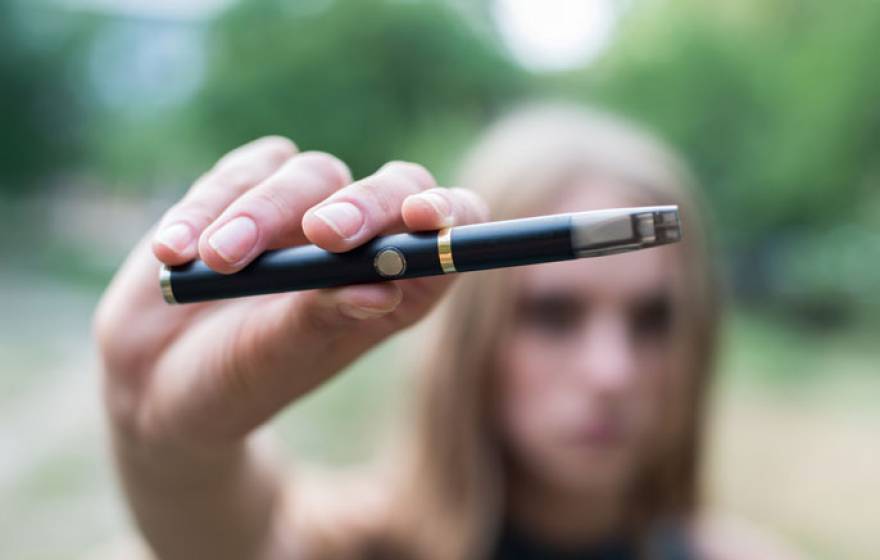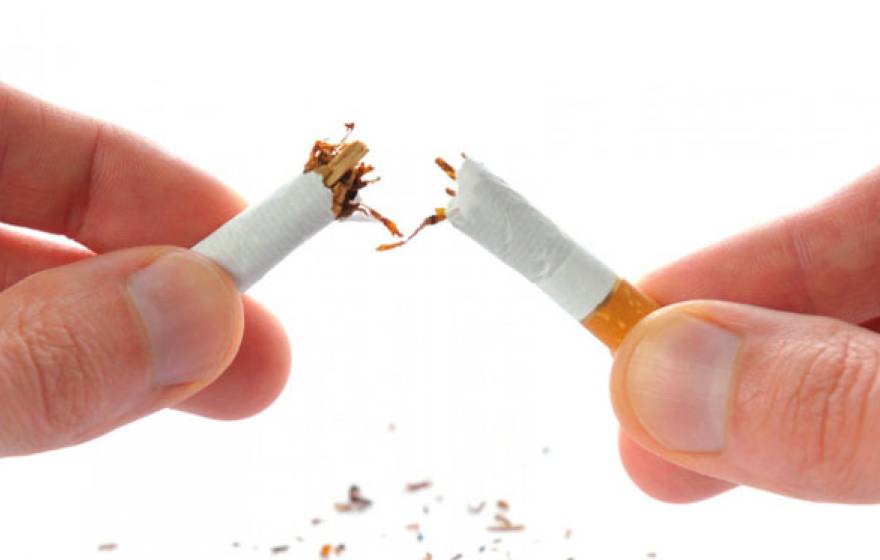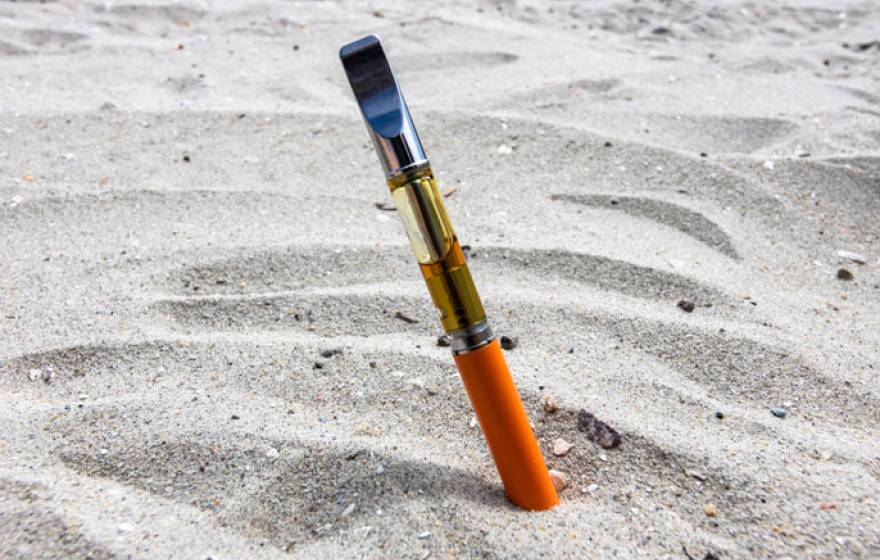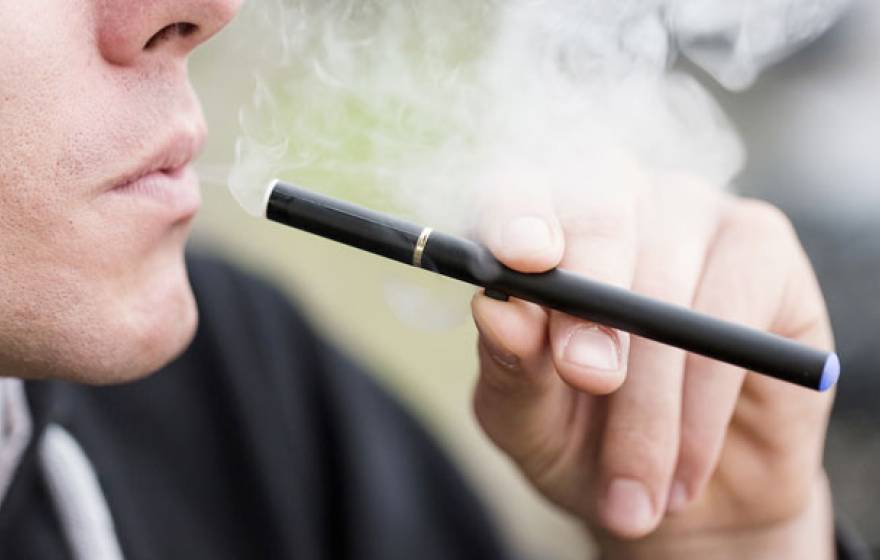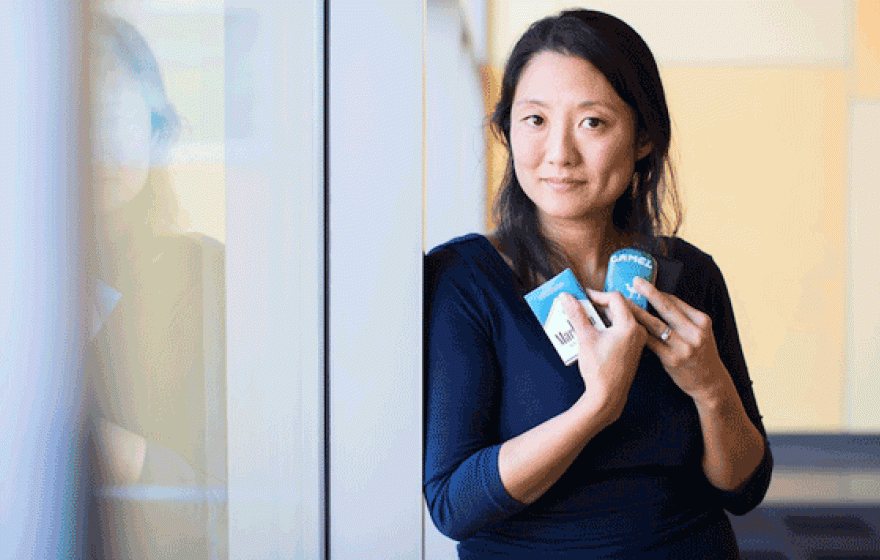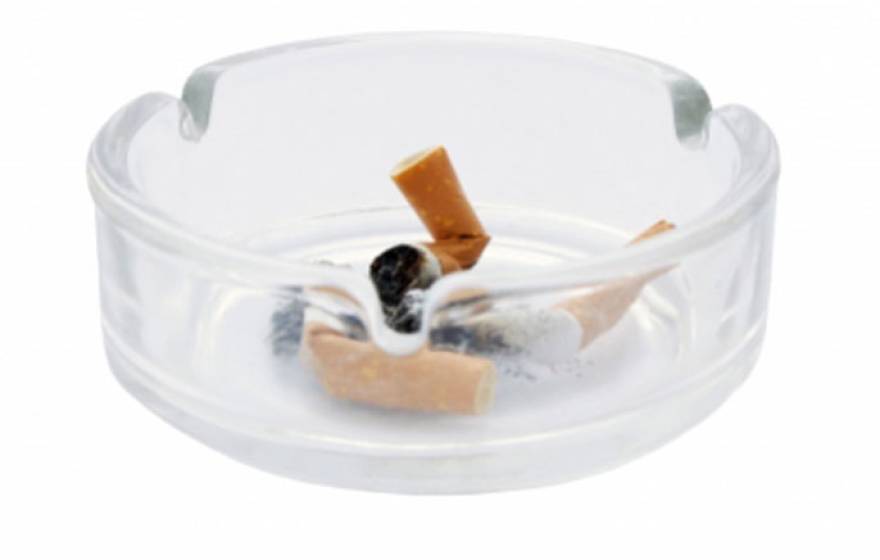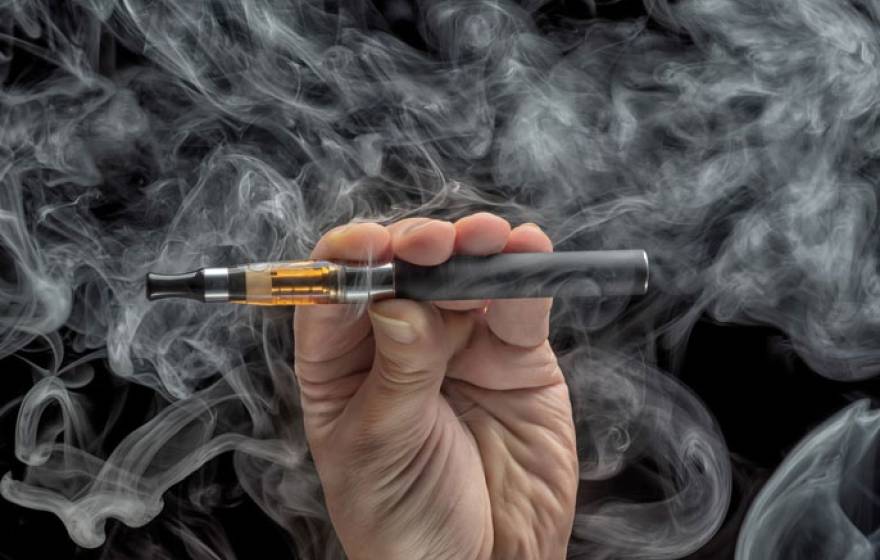During any other year, these groundbreaking advances would have been big news. Here’s some of what you may have missed while you were busy washing your hands.
Youth using e-cigarettes 3 times as likely to become daily cigarette smokers
Age at first use and number of tobacco products consumed also increases addiction risk.
E-cigarette users are exposed to potentially harmful levels of metal linked to DNA damage
A new study suggests metals like zinc are part of the devices’ harm.
Study finds electronic cigarettes damage brain stem cells
UC Riverside research on mouse neural stem cells has implications for nicotine use.
Nicotine exposure in newborns alters neurons, predisposes brain to addiction
Exposure to nicotine through mother's milk induced a number of changes in young mice.
Medicaid could save $2.6 billion within a year if just 1 percent of recipients quit smoking
The median state would save an estimated $25M in Medicaid expenditures, says UCSF research.
E-cigarettes and a new threat: How to dispose of them
E-cigarettes may be hotly debated, but one thing is clear: They are not biodegradable.
Heart attack risk doubles for daily e-cigarette users
Vaping provides no improvement over regular cigarettes, study finds.
Multimillion-dollar grant brings nicotine and cannabis policy center to campus
The new center positions UC Merced and the San Joaquin Valley as leaders in public health.
Hardcore smokers are softening over time
“Even smokers with the greatest psychological distress can be reached and helped to quit,” says UCSF's Stanton Glantz.
UC appoints new class of Smoke- and Tobacco-Free Student Fellows
Awardees from each of the 10 campuses will work to promote healthier communities via tobacco control.
How safe is vaping?
While public acceptance has grown, more research is needed on health effects.

